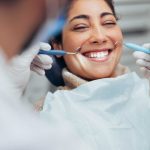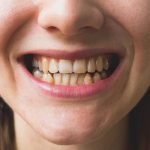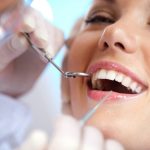Unlocking the Mystery: Understanding the Process of Floating a Horse’s Teeth
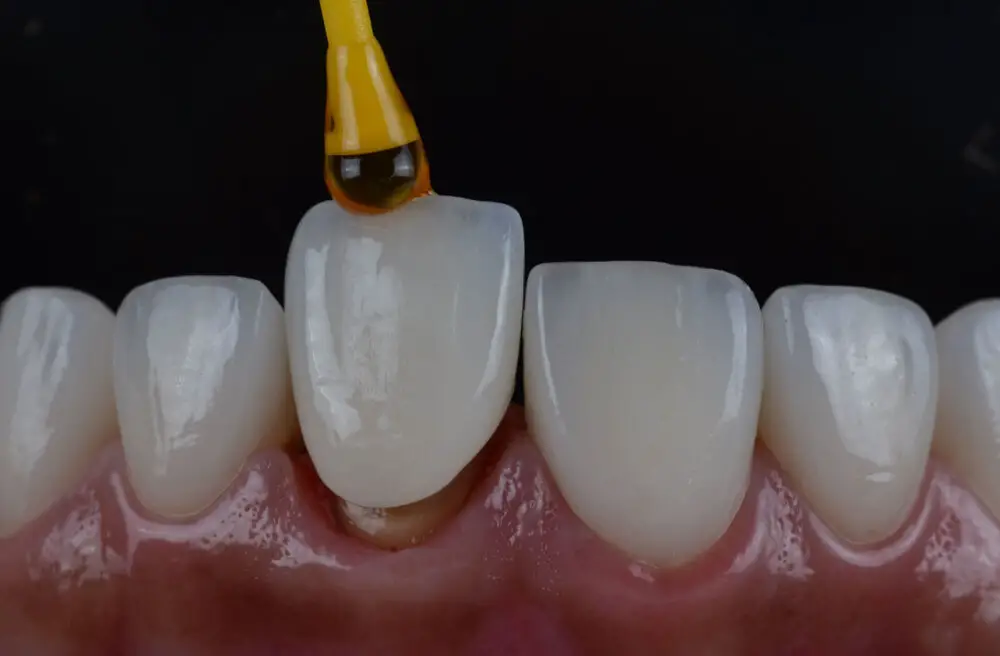
Horses are majestic creatures that require proper care and attention to maintain their health. One crucial aspect of horse care is dental maintenance, which includes floating their teeth. Floating a horse’s teeth is a process that involves filing and smoothing the sharp edges and uneven wear on a horse’s teeth. This process is vital to ensure that horses can chew their food correctly and efficiently, preventing any dental problems that could lead to malnourishment and discomfort. However, the process of floating a horse’s teeth is often shrouded in mystery, and many horse owners are unaware of what it entails. It is essential to understand the process of floating a horse’s teeth to ensure that horses receive proper dental care. By understanding the process, horse owners can make informed decisions about their horse’s dental health and work collaboratively with their veterinarian to ensure their horse’s wellbeing. In this article, we’ll explore the process of floating a horse’s teeth in-depth and provide insights into how it can benefit your horse’s health.
Floating a horse’s teeth is a dental procedure that involves filing or smoothing out the sharp edges and uneven surfaces on the horse’s teeth. These sharp edges and uneven surfaces are known as points and hooks and can cause discomfort, pain, and difficulty in chewing and eating. The process of floating a horse’s teeth is done using a specialized tool called a float, which is used to remove these sharp edges and create a more even surface for the horse’s teeth to chew and grind against. This process is important for maintaining the horse’s overall health, as it can prevent issues such as weight loss, colic, and other dental problems that can arise from poor dental health.
Dental care is essential for maintaining the health and well-being of horses. Regular dental check-ups and teeth floating procedures can help prevent dental problems such as sharp points, hooks, and uneven wear that can cause discomfort, pain, and difficulty eating for horses. Proper dental care also improves the horse’s overall performance and behavior, as well as their ability to maintain a healthy weight. Neglecting dental care can lead to serious health issues such as colic, weight loss, and even behavioral problems. Therefore, it is crucial to understand the process of floating a horse’s teeth and to seek professional help from a veterinarian or equine dentist to ensure the horse’s dental health is maintained.
Anatomy of a Horse’s Teeth
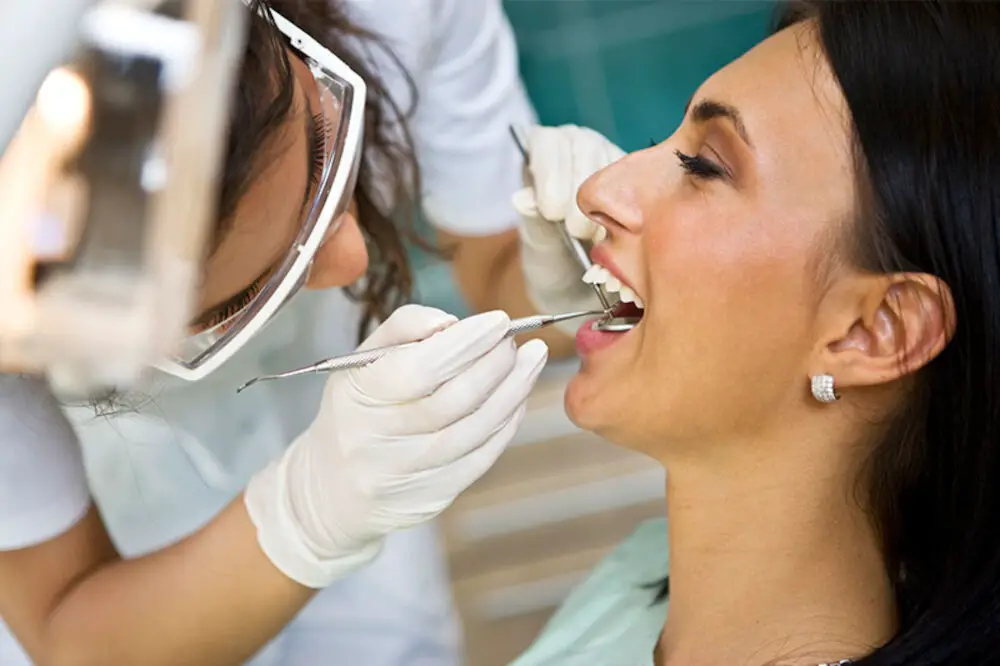
Understanding the anatomy of a horse’s teeth is crucial for any horse owner or equine dentist. A horse’s teeth are unique compared to other animals, as they continuously erupt throughout their lifetime. A horse’s teeth consist of incisors, canines, premolars, and molars, each serving a specific function. The incisors are located at the front of the mouth and are responsible for biting off grass and hay. The canines are located behind the incisors and are used for defense purposes. Premolars and molars are located towards the back of the mouth and are responsible for grinding and chewing food before it enters the stomach. Horses have a total of 36 to 44 teeth, depending on their age and breed. When a horse’s teeth are not properly maintained, it can cause a variety of problems, from difficulty eating to painful sores in the mouth. This is where the process of floating comes in. Floating refers to the process of filing down a horse’s teeth to even out any sharp edges or points that have developed over time. It is important to note that floating should only be performed by a trained equine dentist or veterinarian. With proper maintenance, a horse’s teeth can last a lifetime, allowing them to continue to graze and chew their food with ease.
The anatomy of a horse’s teeth is quite fascinating. Horses are herbivores, which means that their teeth are designed for grinding tough plant matter. They have a total of 36 to 44 teeth, depending on their age and gender. Their incisors are located at the front of their mouth and are used for biting off grass and other vegetation. The molars and premolars are located towards the back of the mouth and are used for grinding and chewing. The teeth of a horse continuously grow throughout their lifetime, making it important for them to have regular dental checkups to ensure their teeth are not overgrown or causing any pain or discomfort. Understanding the basic anatomy of a horse’s teeth is essential for proper dental care and maintenance.
Horse’s teeth are significantly different from human teeth in terms of their structure and function. Firstly, a horse’s teeth are much larger, elongated and continue to grow throughout their entire life. They also have a unique arrangement, with a set of sharp incisors at the front for cutting and biting, followed by flat molars at the back for grinding and chewing. Unlike human teeth, horse’s teeth lack enamel on the inside, making them more susceptible to wear and tear. Additionally, horses have a natural instinct to grind their teeth, which can cause dental issues if not managed properly. Understanding these differences is crucial when it comes to the process of floating a horse’s teeth, which involves filing down any sharp points or uneven surfaces to ensure proper alignment and prevent any discomfort or pain for the animal.
Horse’s teeth are unique in the sense that they continue to grow and develop throughout their lives. The teeth are designed to wear down as a result of the constant grinding of hay and grass, but as they do so, they are continually being replaced. This process is known as \eruption,\ and it occurs at a rate of approximately 2-3mm per year. As the new teeth come in, they push the older teeth forward, causing them to eventually fall out. This process is essential for the horse’s overall health, as it ensures that their teeth are always sharp and efficient at grinding food. However, if the teeth become misaligned or damaged, a veterinarian may need to \float\ them to smooth out any rough edges and ensure that the horse can eat comfortably. Understanding the process of how a horse’s teeth grow and develop is crucial for maintaining their health and well-being.
Signs That It’s Time to Float Your Horse’s Teeth
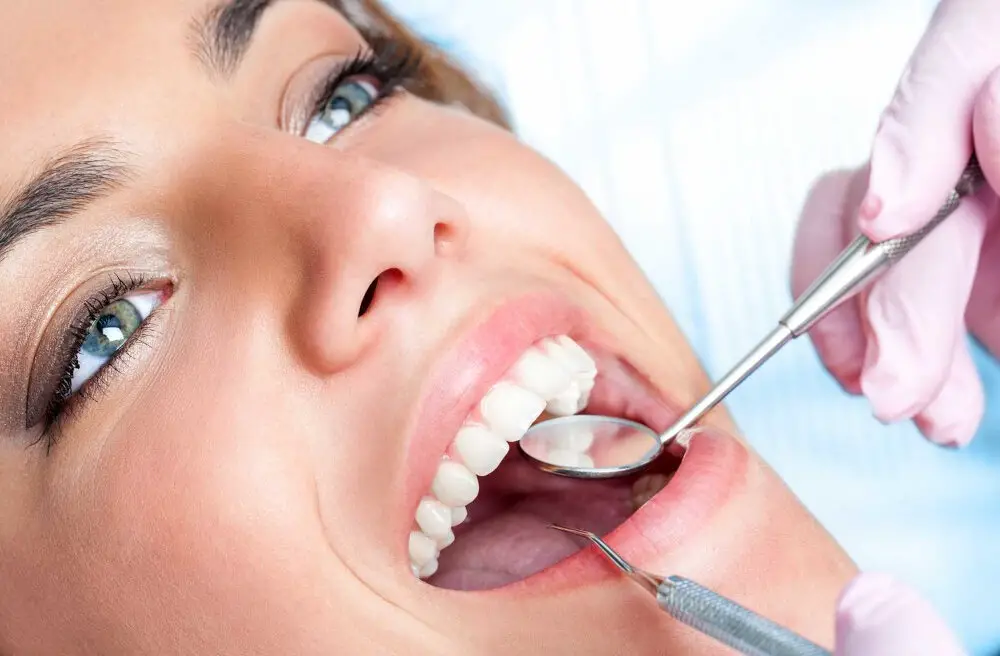
Horses are majestic creatures that require proper care and attention to ensure their overall health and well-being. One important aspect of horse care is dental maintenance, which involves floating the horse’s teeth. Floating is the process of filing down sharp points and edges on a horse’s teeth to prevent discomfort and pain while eating. Knowing when to float your horse’s teeth is crucial in maintaining their oral health. There are several signs that indicate it’s time to float your horse’s teeth, including difficulty chewing, loss of weight, and foul breath. Difficulty chewing is a common sign that your horse needs dental maintenance. Sharp points on their teeth can cause pain and discomfort while chewing, leading to a decrease in appetite and loss of weight. If your horse is having difficulty eating or has lost weight, it may be time to schedule a dental exam. Additionally, foul breath can also indicate dental issues in horses. As sharp edges and points develop, food can become trapped, leading to the growth of bacteria and bad breath. Regular dental maintenance, including floating, can prevent these issues and keep your horse healthy and comfortable.
Horses are prone to dental problems that can cause discomfort and affect their ability to graze and chew properly. As a responsible horse owner, it is crucial to be aware of the signs that indicate your horse may need dental care. Some of the common signs include difficulty chewing, dropping food, bad breath, head tossing, resistance to the bit, weight loss, and excessive drooling. Additionally, if your horse has uneven wear on the teeth, sharp edges, or hooks, it may also require dental attention. Neglecting your horse’s dental health can lead to severe dental issues and even impact their overall well-being, making it essential to schedule regular dental check-ups with a qualified veterinarian.
Behavioral changes are common in horses that require dental floating. This is due to the pain and discomfort that can occur when teeth become sharp or uneven, causing discomfort and irritability. Signs of discomfort can include head shaking, jaw grinding, difficulty chewing, and even weight loss. Horses may also become aggressive or resistant when being ridden or handled. However, once the teeth are floated and any dental issues are corrected, horses often become more relaxed and willing to work. It is important for horse owners to be aware of these behavioral changes and seek dental care to ensure the health and well-being of their equine companions.
Difficulty eating or weight loss can be a sign that a horse needs dental attention. When a horse’s teeth become sharp or uneven, it can cause discomfort and pain while eating, leading to a reduction in appetite and eventual weight loss. This can be a serious problem for horses as they require a constant intake of food to maintain their body weight and health. By floating a horse’s teeth, the sharp edges are smoothed out, allowing for painless chewing and proper digestion. Addressing dental issues can not only improve the horse’s overall health but also prevent future complications such as colic and dental abscesses.
Abnormal wear patterns on teeth are often indicative of dental issues that need to be addressed. These patterns can include sharp points or hooks, uneven surfaces, or excessive wear on certain teeth. These issues can cause discomfort and pain for the horse, making it difficult for them to eat or perform properly. By identifying and correcting these issues through the process of floating, which involves filing down sharp points and smoothing out uneven surfaces, horse owners can ensure their animal’s oral health and overall well-being. It is important to have a trained professional perform this task to ensure it is done correctly and safely.
The Process of Floating a Horse’s Teeth
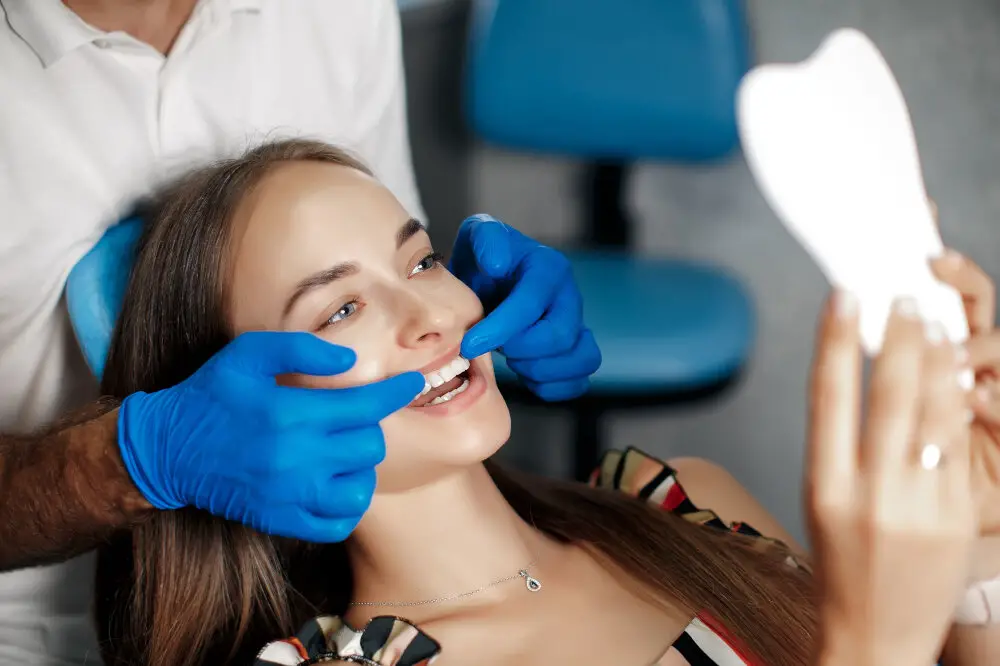
Floating a horse’s teeth is an essential part of equine dentistry that involves filing or rasping down the sharp points or edges on the horse’s teeth. The process is also known as equine odontoplasty and is usually performed by a licensed veterinarian or an equine dentist. Floating a horse’s teeth is necessary to maintain a horse’s dental health, prevent pain, and ensure proper chewing and digestion. The process typically involves sedating the horse and using specialized tools to file down the sharp points or edges on the horse’s teeth. During the process, the veterinarian or equine dentist will use a speculum to keep the horse’s mouth open and examine the teeth thoroughly. They will then use a float, which is a specialized tool, to file down any sharp points or edges on the teeth. The process can take anywhere from 30 minutes to an hour, depending on the severity of the horse’s dental issues. Floating a horse’s teeth is typically done once or twice a year, depending on the horse’s age, diet, and overall health. It is essential to ensure that the horse’s teeth are maintained correctly to prevent discomfort, pain, and dental issues that can cause problems with chewing and digestion.
Floating a horse’s teeth is a crucial process that ensures the animal’s dental health and overall well-being. It involves filing and smoothing out any sharp or uneven teeth that can cause discomfort or pain to the horse while chewing. The process begins with a thorough examination of the horse’s mouth, after which the veterinarian sedates the animal to reduce any stress or discomfort. Then, the veterinarian uses specialized tools to file down the teeth, removing any sharp edges and correcting any imbalances. The process is repeated on both sides of the horse’s mouth until all teeth have been sufficiently floated. The veterinarian then checks to ensure that the horse’s bite is even and that there are no further dental issues. Overall, floating a horse’s teeth is an essential procedure that should be done regularly to ensure the animal’s optimal dental health.
Equine dentistry is a specialized field that requires the use of various types of tools and equipment to ensure that a horse’s teeth are in good condition. The most commonly used tool by equine dentists is the dental float, which is used to file down sharp edges or hooks on the horse’s teeth. Additionally, dental picks and mirrors are used to examine the horse’s teeth in detail. Other tools used by equine dentists include power tools, such as drills and grinders, which are used to remove larger portions of the tooth. Sedation drugs are also used to keep the horse calm during the dental procedure. Equine dentists must have a thorough understanding of the anatomy and physiology of horses to use these tools effectively and safely.
Dental issues in horses can range from sharp points on the teeth to decay and infection. To address these issues, different techniques are used. One common technique is floating, which involves filing down sharp points on the teeth to prevent discomfort and injury to the horse’s mouth. Other techniques may include extractions or fillings to address decay or infection. In cases where the horse has malocclusion, or improper alignment of the teeth, orthodontic techniques such as braces or corrective devices may be used. Each technique is tailored to the specific dental issue and the horse’s individual needs, ensuring that the horse’s dental health is maintained and any discomfort or pain is alleviated.
Aftercare and Maintenance
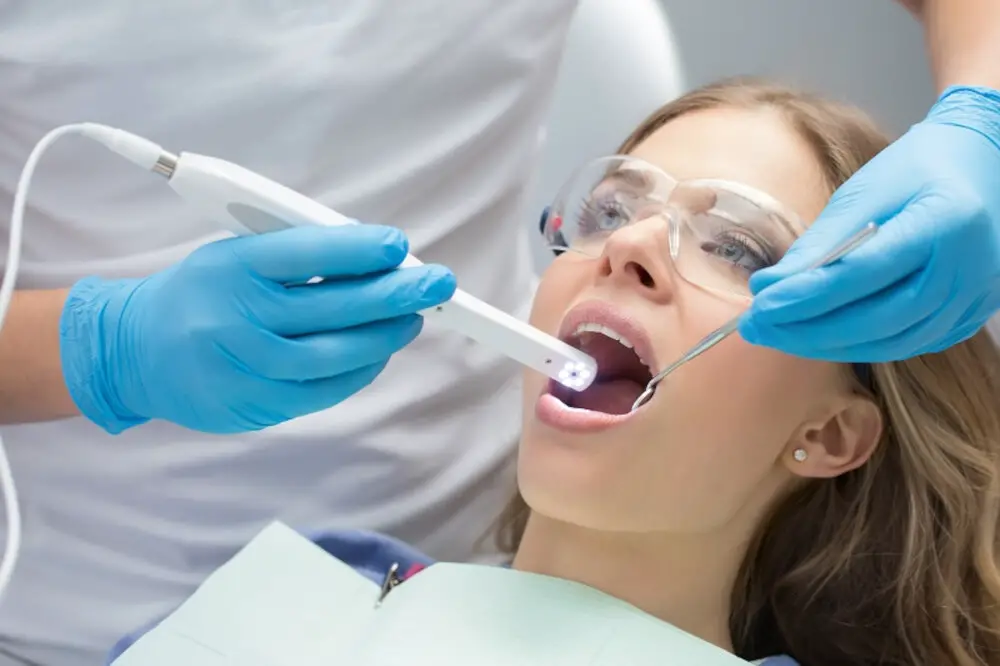
Aftercare and maintenance are crucial aspects of floating a horse’s teeth. After the procedure, the horse may experience soreness and discomfort in the mouth area, which can affect their eating habits. It is essential to provide the horse with soft food and water for the first few days after the procedure to ensure their comfort. Additionally, it is recommended to avoid riding or exercising the horse for at least 24 hours to allow them to recover fully. It is also important to monitor the horse’s behavior and eating habits to ensure that they are healing correctly. If there are any concerns, it is best to contact the veterinarian who performed the procedure for further guidance. In terms of maintenance, regular dental checkups are crucial to ensure that the horse’s teeth are in good condition. It is recommended to have a dental exam every six months to catch any dental issues before they become severe. A proper diet and feeding routine can also promote good dental health in horses. Providing the horse with a balanced diet that includes roughage can help maintain healthy teeth and gums. Lastly, it is essential to keep the horse’s environment clean and free of debris, as foreign objects can cause dental issues. By following these aftercare and maintenance guidelines, horse owners can ensure that their horses have healthy teeth and gums and are comfortable and happy.
After floating your horse’s teeth, proper care and maintenance are essential to ensure that your horse’s dental health is at its best. It is recommended to feed your horse with soft food for the next 24 hours post-floating. You should also avoid riding or working your horse for at least 24 hours after the procedure to give them enough time to heal. Make sure you also monitor any signs of discomfort or pain, such as difficulty chewing, reluctance to eat, or excessive drooling. Regular dental check-ups every six to twelve months are also essential to maintain your horse’s dental health. As with any medical treatment, it’s important to follow your veterinarian’s recommendations for your horse’s specific needs.
While the article title may suggest a focus on equine dentistry, the importance of regular dental checkups extends to humans as well. Dental checkups are crucial in maintaining oral health and preventing dental problems. Regular checkups allow for early detection of dental issues such as cavities, gum disease, and oral cancer, which can lead to more serious health problems if left untreated. Additionally, regular cleanings and checkups can prevent the need for more invasive and costly dental procedures in the future. Neglecting dental checkups can result in painful and potentially dangerous dental problems, making it imperative to schedule regular checkups with a dentist.
Maintaining good dental health in horses is crucial to their overall well-being. Here are some tips to help ensure that your horse’s teeth stay healthy. First, provide your horse with plenty of roughage as this helps to wear down their teeth naturally. Second, have your horse’s teeth checked regularly by a qualified equine dentist to identify any potential problems. Third, feed your horse a balanced diet that includes all the necessary vitamins and minerals to support healthy teeth. Finally, practice good oral hygiene by regularly brushing your horse’s teeth and using a mouthwash or dental spray to help prevent gum disease and other dental problems. By following these simple tips, you can help to keep your horse’s teeth healthy and ensure that they live a long and happy life.
Dental care is crucial for horses as it can have a significant impact on their overall health and well-being. Regular dental check-ups and floating, which involves filing down sharp edges and points on their teeth, can prevent dental issues such as pain, difficulty chewing, and weight loss. Ignoring dental care can result in dental problems that can cause infections, abscesses, and even result in the loss of teeth. Dental problems can also lead to issues with behavior, such as headshaking, and can make it difficult for horses to perform at their best. Therefore, it is important for horse owners to prioritize dental care as part of their horse’s overall health regimen.
As horse owners, we often underestimate the importance of maintaining our horse’s dental health. A horse’s teeth grow continuously throughout their life, and without proper care, it can lead to various dental issues that can cause discomfort and even affect their overall health. Seeking out professional equine dentistry services can help prevent dental problems and ensure that your horse’s teeth are in tip-top condition. Professional equine dentists have the expertise and knowledge to identify dental issues and provide appropriate treatment. By investing in regular dental check-ups and floating, horse owners can ensure their horse’s comfort and well-being, leading to happy and healthy horses. So, let’s prioritize our horse’s dental health and seek out professional equine dentistry services.
In conclusion, the process of floating a horse’s teeth is an essential aspect of equine dentistry that helps maintain the overall health and well-being of horses. It involves the use of specialized tools and techniques to smooth and file down sharp points and edges on the horse’s teeth, ensuring proper chewing and digestion. While some horses may require more frequent floating than others, it is essential to work with a qualified and experienced equine dentist to ensure that the process is done correctly and safely. Ultimately, by understanding the importance of dental care for horses, we can help ensure that our equine companions live happy, healthy, and comfortable lives.
Conclusion
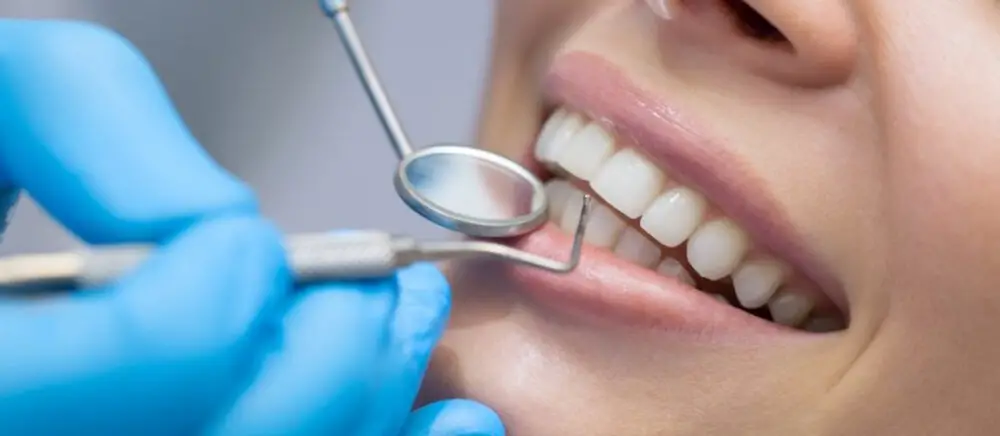
In conclusion, understanding the process of floating a horse’s teeth is crucial for maintaining their overall health and well-being. By removing sharp points and correcting any abnormalities in their teeth, horses can chew and digest their food properly, preventing issues such as colic and weight loss. It is important to have a qualified equine dentist or veterinarian perform the procedure, as it requires skill and expertise to avoid causing harm to the horse. With proper dental care, horses can live longer, healthier lives and perform their best in various activities. Therefore, it is essential for horse owners to prioritize their dental health and ensure regular check-ups and maintenance to keep their teeth healthy and functional.
